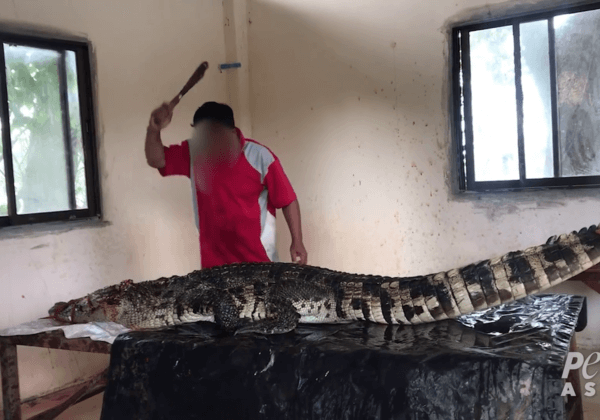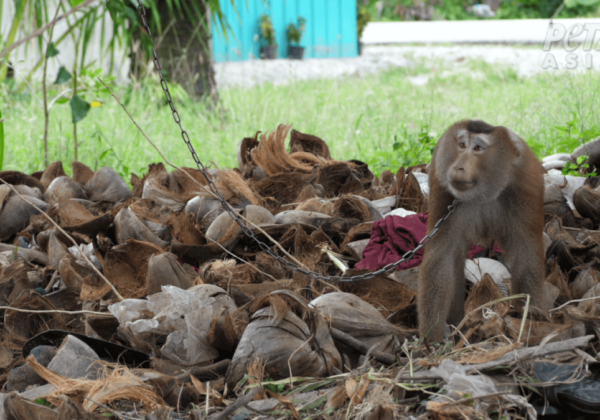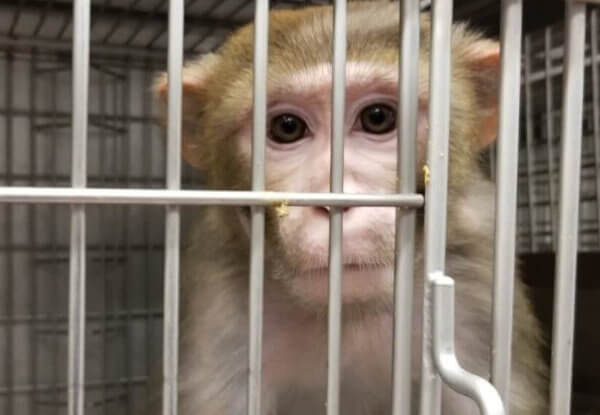Monogamy Made Easy
 It often seems that humans find it hard to stick to a monogamous relationship for their entire life. And good relationship advice is hard to come by. But if we want some lessons in love, we may want to look to other species for wisdom because when it comes to making it work with your partner, humans have a lot to learn!
It often seems that humans find it hard to stick to a monogamous relationship for their entire life. And good relationship advice is hard to come by. But if we want some lessons in love, we may want to look to other species for wisdom because when it comes to making it work with your partner, humans have a lot to learn!
There are three basic “types” of monogamy: sexual, social, and genetic. Sexual monogamy means mating with only one partner at a time. Social monogamy occurs when mates pair up and rear babies together but may still have “flings” on the side. Finally, genetic monogamy refers to two partners who have offspring with only each other. Those animals who conform to all three types of monogamy are known as serial monogamists.
Take beavers, for example, who mate for life and raise their children as joint parents, with both mother and father taking an active role. They build complicated “lodges” as homes in which to raise their babies and have complex communication systems. They are also vegetarian!
Even more devoted are prairie voles, who bond strongly with each other after their first mating. The male will even chase away potential homewrecking single gals to ensure that there are no temptations at hand to risk his happy home. Scientists have found that these voles receive a natural “high” and gain pleasure from being with a mate in a similar way that humans experience addictions.
Like humans, though, even monogamous animals face challenges that can break up a happy relationship. Bald eagles, for example, will mate for life and never seek a new partner until their mate dies. However, the pressures of trying often unsuccessfully to start a family (chicks rarely survive) can lead to a split.
Of course, no one’s perfect. One study of blackbirds found that females who matched up with males who had been sterilized and therefore could not fertilize an egg still somehow managed to hatch chicks. I wonder how they explained that to their mate!
In the end, all animals, both human and nonhuman alike, have a choice when it comes to relationships and partners. And while the qualities we look for in our mates may vary (female proboscis monkeys, for example, like their males with the biggest nose possible), we all look for someone with certain characteristics that we love. And for many vegetarians that means finding a partner who understands the issues that matter to us before we commit to a lifelong and (hopefully) monogamous relationship that would make any prairie vole proud!
Posted by Claire Fryer









